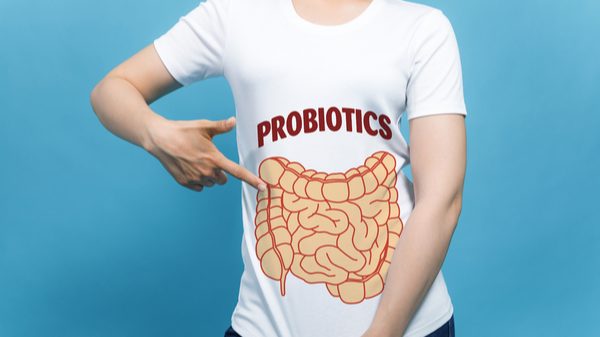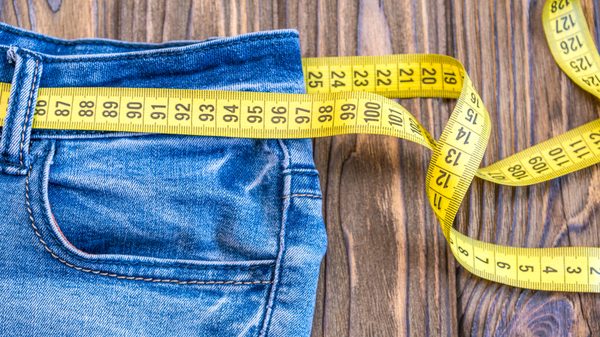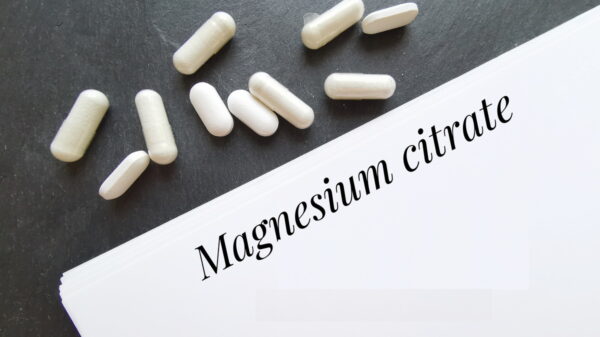Epidemiologists observed something n the start of the pandemic. People also dealing with cardiovascular disease (CVD) had more chances of getting intense forms of COVID-19 as compared to those that are healthy.
Death rates may have lowered in the previous six months since the occurrence of COVID-19, but CVD still shows bad results in this aspect.
How does COVID-19 cause cardiovascular damage?
Damage can be done to the heart due to the SARS-CoV-2 virus. It may cause harm to the heart by directly causing inflammation of the muscles, or it can affect indirectly by altering the supply of oxygen then what is required of it.
When the bloodstream has high levels of enzyme troponin, which indicates heart injury, it is also found in one-quarter of COVID-19 patients who have been hospitalized.
One-third of these patients already have CVD before contracting COVID-19.
1. Inflammation of the heart muscles
Many people suffering from COVID-19 will heal and will have mild symptoms. 5% of these will grow into a severe form of the disease, and 20% will form pneumonia.
Cytokines are released, which are inflammatory substances, into the bloodstream of the person infected with COVID-19, to which the body’s immunity reacts quite swiftly. The release of so much of a “cytokine storm” can cause damage to many organs, even the heart.
· Severe forms of COVID-19
In severe forms of COVID-19 illness in many patients, myocarditis occurs, which is the inflammation of the heart muscle. The virus may go directly into the heart, or cytokine storm may cause inflammation, which may lead to myocarditis.
Due to this, the heart may become weak or get large, which can fill the lungs with fluid or cause low blood pressure. Even though this condition of myocarditis is rare, still many researches have shown that muscle inflammation still occurs in many patients in mild forms.
A new study had seen heart inflammation in people who recently recovered from the severe case of covid-19, in three-quarter of them showing this illness when magnetic resonance imaging was performed.
2. Increased oxygen demand and decreased oxygen supply
When COVID-19 occurs in patients, fever and infection cause an abnormal increase in heart rate, while pneumonia also presents itself in this condition.
Oxygen requirement is increased when blood pressure becomes low or increases significantly, resulting in more strain on the heart, leading to harm, especially if the arteries or muscles have already been weakened before.
· Heart attack
Heart attacks are one of the most common causes of harm to the heart, which occurs due to the development of blood clot in the heart artery, thus causing insufficient delivery of oxygen to the heart muscle.
The body’s defense is alarmed by activating the clotting mechanism and disturbing the blood vessel lining of the heart when inflammation occurs in the heart due to COVID-19. An inflamed artery loses its potential to resist clot formation.
- Oxygen delivery is hindered due to the formation of blood clots in these large and small arteries. Blood oxygen rates also become low when clotting also occurs in the lungs.
- Blood oxygen decreases due to severe pneumonia. Heart muscle is harmed when the oxygen demand is not fulfilled.
- Try to maintain a regular healthy heart while the COVID-19 pandemic is still present.
Keep the Heart healthy
Try to keep your heart healthy by focusing on healthy habits and routines, just like before the pandemic.
This will help you to fight the pandemic with a healthy and strong immune system. Heart disease can thus be prevented from worsening by following these healthy routines.
- Exercise every day.
- Do not form the habit of smoking or consuming alcohol.
- Stay in touch with your family and friends, but also maintain social distance. But do not socially distance from everyone.
- Consume foods that are nutritious and heart-healthy, i.e., they are plant-based and are unprocessed food items.
- Get seven to eight hours of sleep daily.
- Drink lots of water to stay as much hydrated as possible.
- Make sure you have a month of prescribed medicine at your hand.
- If any queries arise, call to ask questions and stay up-to-date on all the vaccinations and plans.
· Continue taking your medicines as directed.
Follow the prescription, as mentioned by the doctor and take your medicines accordingly. Follow the prescriptions for the medicine of heart failure and high blood pressure like statins, ACE-inhibitors (lisinopril or enalapril), and ARBs (valsartan or losartan).
Ask your doctor for advice before taking any new medications, including vitamins, over-the-counter drugs and supplements.
Consult them when finishing a medication too. Misleading information regarding medications should be cleared with your medical professional.
· Maintain distance
Currently, the only thing that can help is to distance yourself physically from everyone and stay at home more often, particularly if you are older or are suffering from heart disease or some other health condition.
As the vaccine is still slow to become available, COVID-19 exposure is reduced when you stay more at home. Advancements on social distancing will occur when your family and work situations determine what to do now.
Still, it is preferable if you work from home instead of the office and avoid any crowded areas, travel, and unimportant errands. Social distancing does not imply that you should distance yourself from others socially, emotionally or spiritually.
Try to stay connected with your friends and family as much as possible because as the social distancing evolves, many psychological factors have come to light regarding being away from family, friends, and colleagues, like being stressed, depressed, tired and anxious.
· Wear a cloth mask when you go out
It is recommended by the centers for disease control and prevention that it is best to wear a cloth on the face when visiting any public places like pharmacy, grocery stores, or other areas that require close contact with people.
If COVID-19 is prevalent in your area, this practice should be conducted more efficiently there. This is important to follow as it has been proved that before the symptoms occur, the spread of the disease can still occur.
Face covering can be made with a bandanna or a scarf. Leave the medical masks, i.e., surgical masks and N-95 respirators, for the health-care professionals as they need them most; non-medical masks should be used by the public.
· Have enough food, medications and supplies on hand—and ask about delivery
Store as much as two weeks’ worth of groceries at home during this time. It is also best if you ask your doctor or a pharmacist to get an advance of one month’s medication supply.
Make use of delivery services or get to know about the programs that support older people and those at risk of getting ill.
· Manage stress, stay connected
It is important to keep your mental health in check during this time. Consult a medical professional on any issues regarding your emotions and feelings; keep it all in check.
It is required to stay focused, calm and realize the importance of some things. Maintain a good night’s sleep and a healthy routine.
Foods to keep the Heart-Healthy
Your heart can be maintained healthily by good nutrition and can reduce risks of disease occurring. Foods more related to heart condition should be kept in check, like foods causing blood pressure, cholesterol levels, inflammation, and triglycerides.
1. Leafy Green Vegetables
Minerals, vitamins and antioxidants are all present in leafy green vegetables like kale, collard, and kale.
They also contain a wealth of vitamin K, responsible for taking care of your arteries and improve blood clotting.
They also contain large amounts of dietary nitrates, which help to control blood pressure, alleviate stiffness in arteries and improve cell lining in blood vessels.
2. Berries
Heart health is controlled very important due to the presence of nutrients in raspberries, blueberries, strawberries, and blackberries.
Anthocyanins, which are antioxidants, are present abundantly in berries that help to decrease oxidative stress and inflammation that may further lead to heart disease.
3. Avocados and Beans
Monounsaturated fats are abundant in Avocadoes which are a good source that helps to decrease cholesterol level and alleviate the risk of heart illness.
Resistant starch is present in beans, which prevents digestion, and is acted upon by the bacteria of the gut which ferment it.
4. Dark Chocolate
Good heart health is favored due to the presence of flavonoids that are antioxidants present in dark chocolate. Fascinatingly, many types of research have shown a decrease in heart disorder due to the consumption of chocolate.
A huge study suggested that eating chocolate five times every week showed that 57% chances of getting coronary heart disease had been reduced in people eating chocolates than those who do not.
5. Tomatoes
Tomatoes contain an antioxidant substance, lycopene, which is a natural plant pigment. Antioxidants eliminate free radicals, which further inhibit inflammation and oxidative damage, which leads to heart disease.
Elevation of heart attack and stroke was seen in low levels of lycopene.
Conclusion
A relation between heart disease and diet has been shown by the new researches and data that have come to light.
The nutrition that you consume can affect how your heart progresses, including inflammation and blood pressure to triglycerides and cholesterol levels.
Adding this food which is healthy for the heart, has a balanced diet, can help to maintain good heart health and decrease the risk of heart damage or disease.












